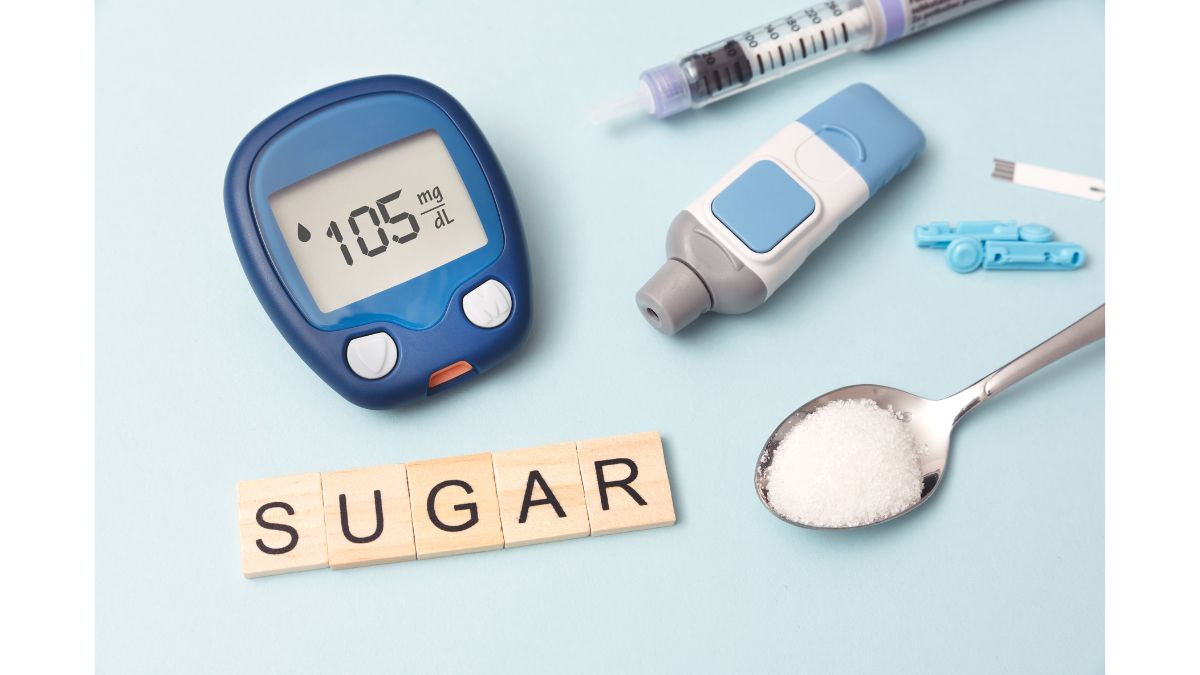- By Prerna Targhotra
- Sat, 24 Aug 2024 02:50 PM (IST)
- Source:JND
Diabetes Management Tips For Older People: As individuals age, maintaining blood sugar levels becomes increasingly vital, especially for those who are at an elevated risk of diabetes or are already managing the condition. Proper blood sugar control is crucial not only to prevent complications but also to sustain overall health and well-being.
Older adults often face specific challenges in diabetes management, such as changes in metabolism, decreased physical activity and potential side effects from medications. Here are some effective tips and strategies specifically designed for older adults, focusing on lifestyle modifications, dietary changes and monitoring practices to support effective blood sugar management and overall health.
Diabetes Management Tips For Older People
Eat Balanced Diet
Choose whole grains like brown rice, quinoa, and whole wheat bread, which have a lower glycemic index and aid in regulating blood sugar levels. Add healthy fats from foods like avocados, nuts, and olive oil, which contribute to cardiovascular health and overall wellness.
Regular Physical Activity
Engage in activities such as walking, swimming or cycling for at least 150 minutes per week to help control blood sugar and improve heart health. Incorporate flexibility and balance exercises like yoga or stretching to improve physical function and reduce the risk of falls.
ALSO READ: How To Control Diabetes With Lifestyle Changes And Naturally Boost Insulin, As Advised By Doctor
Regular Monitoring

Tips To Manage Diabetes In Older People (Image Credits: Canva)
Use a glucose meter as advised by a healthcare provider to monitor blood sugar levels. This helps in identifying trends and making necessary adjustments to diet, exercise, or medication.
Adequate Hydration
Aim for at least 8 cups of water daily to help regulate blood sugar and support overall health. Adjust intake as needed based on individual health recommendations.
Portion Control
Use smaller plates and bowls to manage portion sizes and prevent overeating. Be attentive to hunger and fullness signals to avoid consuming excess calories. Regular meals and snacks help maintain stable blood sugar levels and prevent significant fluctuations.
ALSO READ: What Do Dangerous Blood Sugar Levels Do To Your Body? 5 Side-Effects Of Hyperglycemia
(Disclaimer: This article is for informational purposes only. It is not a substitute for professional advice, diagnosis or treatment.)

